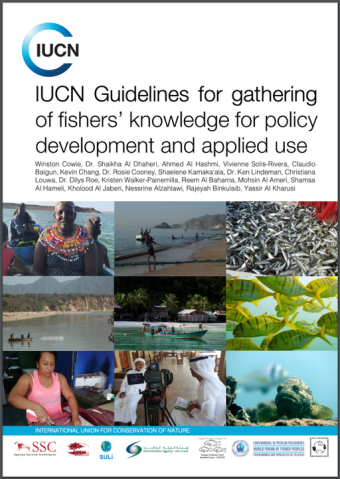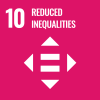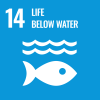
"Small-scale fisheries provide food security, livelihoods and income to millions of people but their management still
presents a challenge to managers and other stakeholders due to problems in gathering suitable information and its
incorporation in fisheries policy. Fishers are a key source of knowledge for assessment of both extractive capacity and
value in small-scale fisheries, in addition to providing a broad array of cultural knowledge. However, they have often been
excluded from processes of data collection, analysis, interpretation and management. The increasing recognition of the
value of incorporating traditional fishing knowledge in freshwater, riverine, lacustrine and coastal and marine fisheries
management is now evident in international conventions and published literature. The purpose of these Guidelines
is to make it easier for users to recognise and include fishers’ knowledge as an important data stream in resource
management. We present details on the breadth of knowledge that can be gathered, how it can be gathered, and how
this information can be applied to support sustainable fisheries policy and broader applications in society. These are
voluntary guidelines that are intended to be used by fisheries resource managers at the local, regional and national
levels; by communities, non-governmental organisations (NGOs) and researchers."


